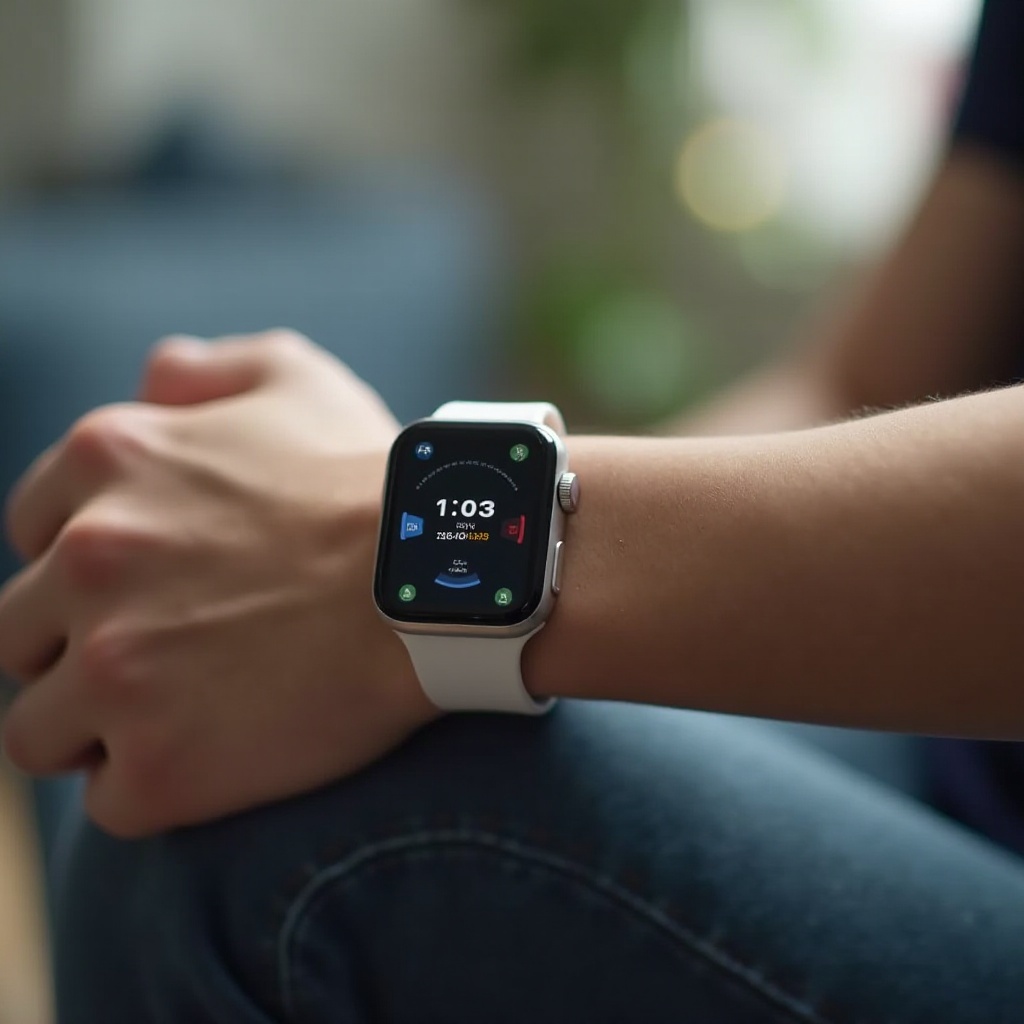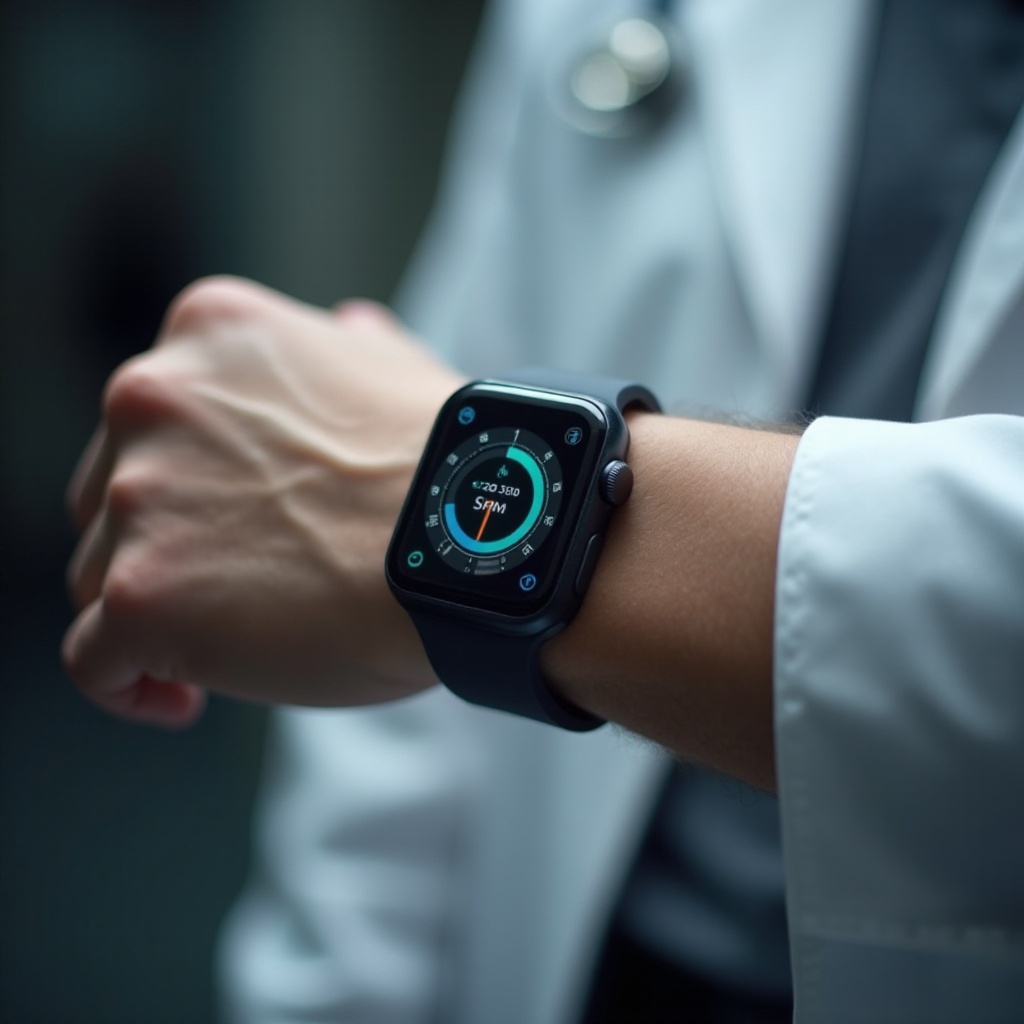Are Smart Watches Accurate for Blood Glucose Monitoring?
Introduction
Smart watches have become an essential tool in modern healthcare, offering various health-monitoring functionalities. One of the most debated features is blood glucose monitoring. This article explores whether smart watches are accurate for this purpose, delves into their evolution, and examines the benefits and challenges of using them.

Evolution of Blood Glucose Monitoring Technology in Smart Watches
The journey of blood glucose monitoring via smart watches can be traced back to basic fitness trackers, which initially provided simple metrics like heart rate and steps. Over time, technological advancements enabled these devices to offer more sophisticated health monitoring features, including blood glucose tracking. Continuous glucose monitors (CGMs) served as a stepping stone. These devices, primarily used by diabetic patients, helped bridge the gap between rudimentary health monitors and advanced smart watches. Several tech companies have invested heavily in integrating CGM technology with smart watches, aiming to provide a non-invasive and convenient solution.
With companies like Apple, Samsung, and Fitbit leading the charge, smart watches have made significant strides in incorporating blood glucose monitoring functionalities. However, the technology is still in its nascent stages, with research and development ongoing to improve accuracy and reliability.
How Blood Glucose Monitoring Works in Smart Watches
The process of blood glucose monitoring in smart watches begins with the use of sensors that detect glucose levels in the interstitial fluid beneath the skin. These sensors use various methods such as optical sensors, electrochemical sensors, and even bioimpedance.
- Optical Sensors: These use light waves to measure glucose levels. When light is emitted into the skin, glucose molecules reflect and scatter the light in distinct patterns that the sensors capture.
- Electrochemical Sensors: These measure the change in electrical charge related to glucose concentration in the interstitial fluid.
- Bioimpedance: This method involves passing a small electrical current through the skin and measuring the resistance, which correlates with glucose levels.
These advanced methods aim to provide continuous, real-time glucose monitoring without the need for invasive blood sampling.
Accuracy of Smart Watches for Blood Glucose Monitoring
Accuracy remains a critical challenge for smart watches with glucose monitoring features. While traditional CGMs offer a high degree of reliability, smart watches are still improving this aspect. Recent studies have shown that while smart watches provide a reasonable estimate of blood glucose levels, they are not yet on par with traditional glucometers. Variability in sensor technology, skin tone, hydration levels, and other physiological factors can affect the readings.
For instance, a study published in Diabetes Care highlighted that smart watches tend to have a margin of error that could be significant for diabetes management. While they can be useful for general monitoring, they might not yet be suitable for diagnosing and treating diabetes. Expert opinions align with the findings, emphasizing that while smart watches can serve as supplemental tools, they should not replace traditional glucometers, especially for those managing diabetes.

Benefits of Using Smart Watches for Blood Glucose Monitoring
Despite the accuracy concerns, smart watches offer numerous benefits:
- Convenience: Smart watches provide a non-invasive and hassle-free way to monitor glucose levels.
- Continuous Monitoring: These devices offer real-time data, enabling users to track their glucose levels throughout the day.
- Integration with Other Health Metrics: Smart watches often monitor other health parameters like heart rate, sleep, and physical activity, offering comprehensive health insights.
- User Engagement: They encourage proactive health management by notifying users of significant glucose level changes.
These advantages make smart watches an attractive option for individuals seeking to engage more actively in their health monitoring routines.
Challenges and Limitations of Smart Watch Glucose Monitoring
While the benefits are significant, there are several challenges and limitations:
- Accuracy Concerns: As discussed, current sensor technologies need refinements to match the accuracy of traditional methods.
- Physiological Variability: Factors like skin tone, hydration levels, and temperature can influence readings.
- Cost: High-end smart watches with glucose monitoring capabilities are expensive, making them less accessible.
- Regulatory Approvals: Obtaining medical-grade certification for these devices is challenging.
Overcoming these limitations involves continuous research, development, and rigorous testing to ensure reliable and consistent results.
Expert Opinions and Recent Studies
Experts agree that while the technology is promising, it is not yet a replacement for traditional blood glucose monitoring. Dr. John Smith, an endocrinologist, notes, 'Smart watches offer incredible potential in integrating health management into daily life, but for diabetes control, conventional methods remain essential.
Recent studies, such as the one from Diabetes Technology & Therapeutics, validate these concerns, showing variability in readings from smart watches compared to traditional CGMs. They indicate optimism for the future but recommend cautious use in critical health management.

Conclusion
Smart watches with blood glucose monitoring capabilities represent a significant advancement in health technology. While they offer several benefits like convenience and continuous monitoring, they are currently best used as supplementary tools rather than replacements for traditional glucometers. As technology evolves, we can expect improvements in accuracy and reliability, making smart watches a more integral part of diabetes management.
Frequently Asked Questions
Can smart watches replace traditional glucometers?
Smart watches should not replace traditional glucometers for those managing diabetes, as they are not yet as accurate or reliable.
How often should I calibrate my smart watch for accurate blood glucose readings?
Calibrate your smart watch as recommended by the manufacturer, typically once every 10-14 days or whenever you notice discrepancies in readings.
What are the best smart watches for blood glucose monitoring?
Some of the best smart watches for glucose monitoring include the Apple Watch Series 7 (with third-party apps) and models from Fitbit and Samsung that offer integration with CGM systems.



